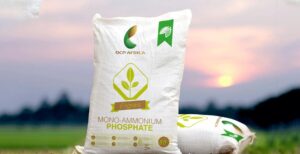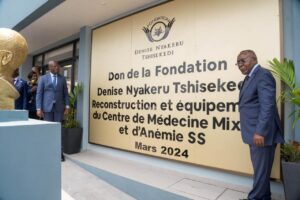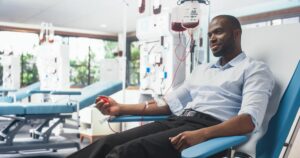According to a report by the African Development Bank, 20% of Africans are undernourished, revealing a worrying rise in food insecurity and malnutrition on the continent. Dependence on the global food market has exposed Africa to external shocks such as the COVID-19 pandemic and the Ukrainian crisis.





